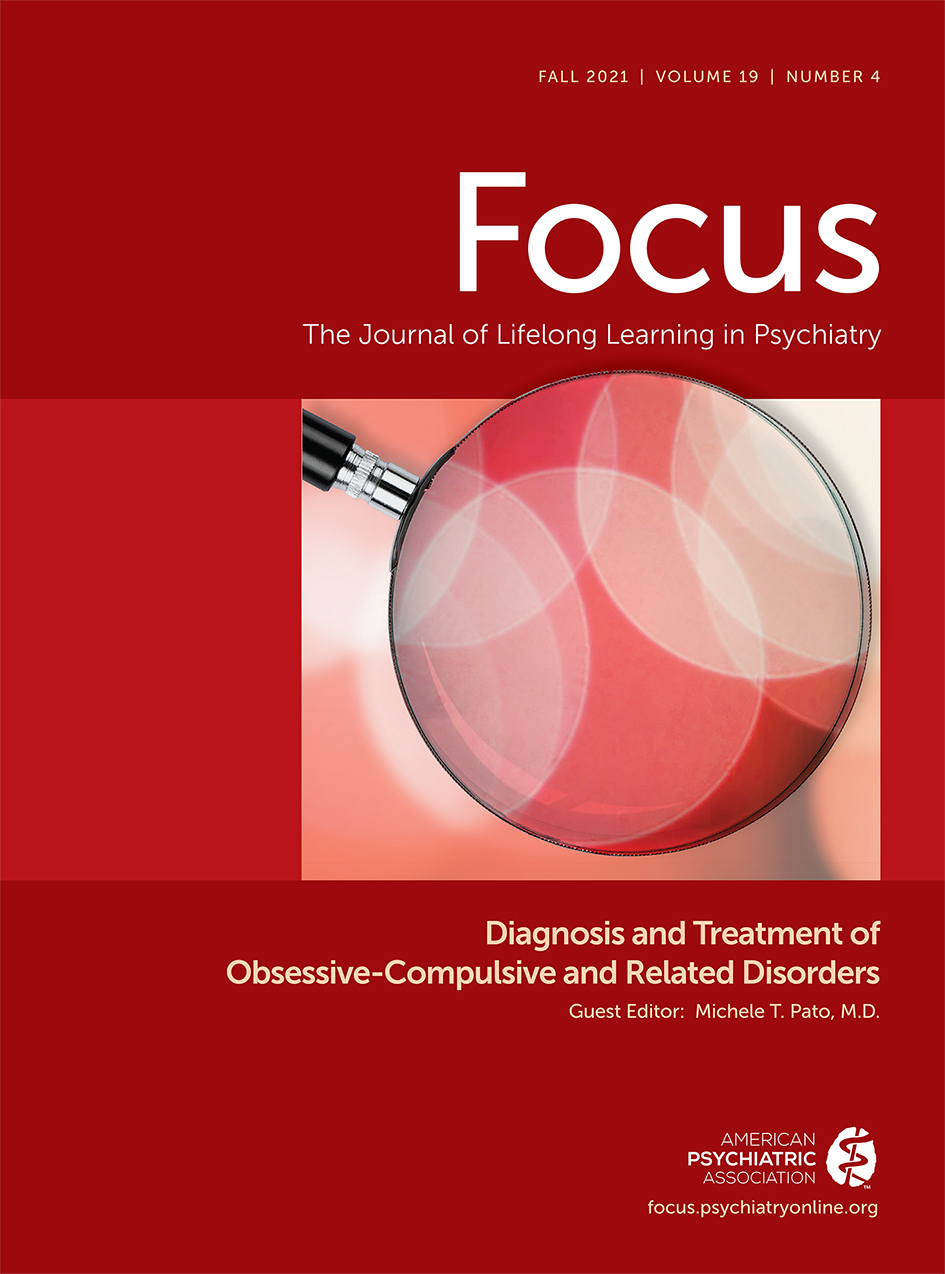Family and Couple Integrated Cognitive-Behavioural Therapy for Adults with OCD: A Meta-Analysis
Abstract
Background:
Integrating family into the treatment of obsessive-compulsive disorder (OCD) is standard in pediatric populations; however, in adult populations, patients are typically treated independent of their family. Yet, there is compelling evidence to suggest that family members exacerbate OCD symptoms, and thus there is a strong rationale for integrating family members into the treatment of adult OCD. The present meta-analysis examined whether family treatment is effective for OCD in adult populations as well as moderators of treatment outcome.
Methods:
Fifteen studies were reviewed (16 independent samples).
Results:
Family treatment for adult OCD was found to improve patient OCD symptoms, depression, anxiety, and functional impairment. There was also improvement in patient and family-reported general relationship satisfaction, antagonism, accommodation, and family member's mental health. Individual treatment format and targeting family accommodation were especially beneficial for improving patient depression. Family members reported greater relational improvements than patients. Fewer patient treatment sessions were associated with greater improvement in antagonism, as was female gender. Fewer sessions for family members was associated with greater improvement in family member mental health. FIT outperformed controls with individual ERP on reduction of OCD and depression symptoms, accommodation, and improvement in functional impairment.
Limitations:
Limitations of the present review include a relatively small sample size, lenient study inclusion criteria, and the subjectivity of some moderator categories.
Conclusions:
Family-integrated treatment appears to be effective for adult OCD, related symptoms, and relationship factors. There is preliminary support that family-integrated treatments lead to better outcomes than individual treatment. Clinical recommendations are discussed.
Reprinted with permission from Elsevier
(Appeared originally in Journal of AffectiveDisorders 2020; 277: 159–168)



